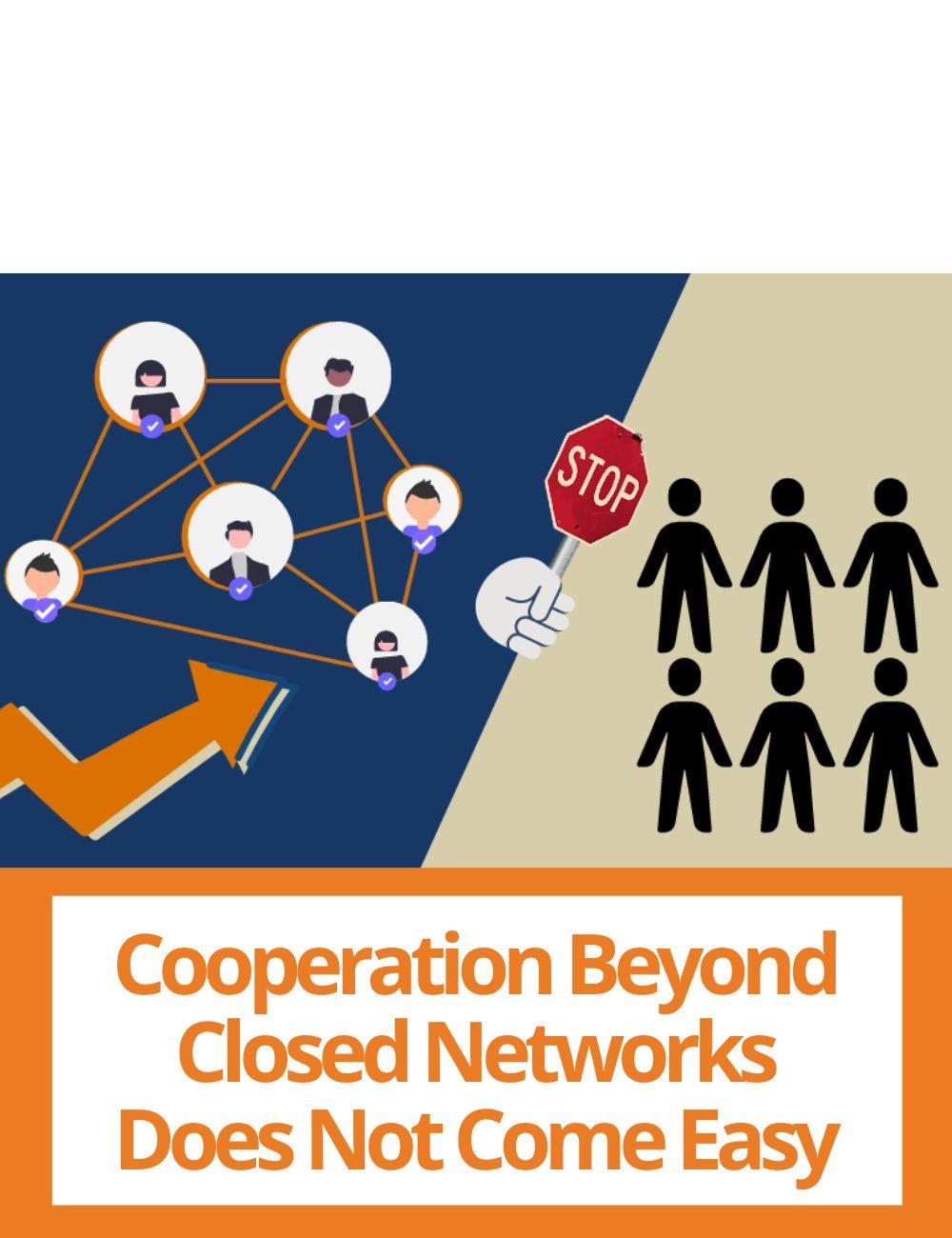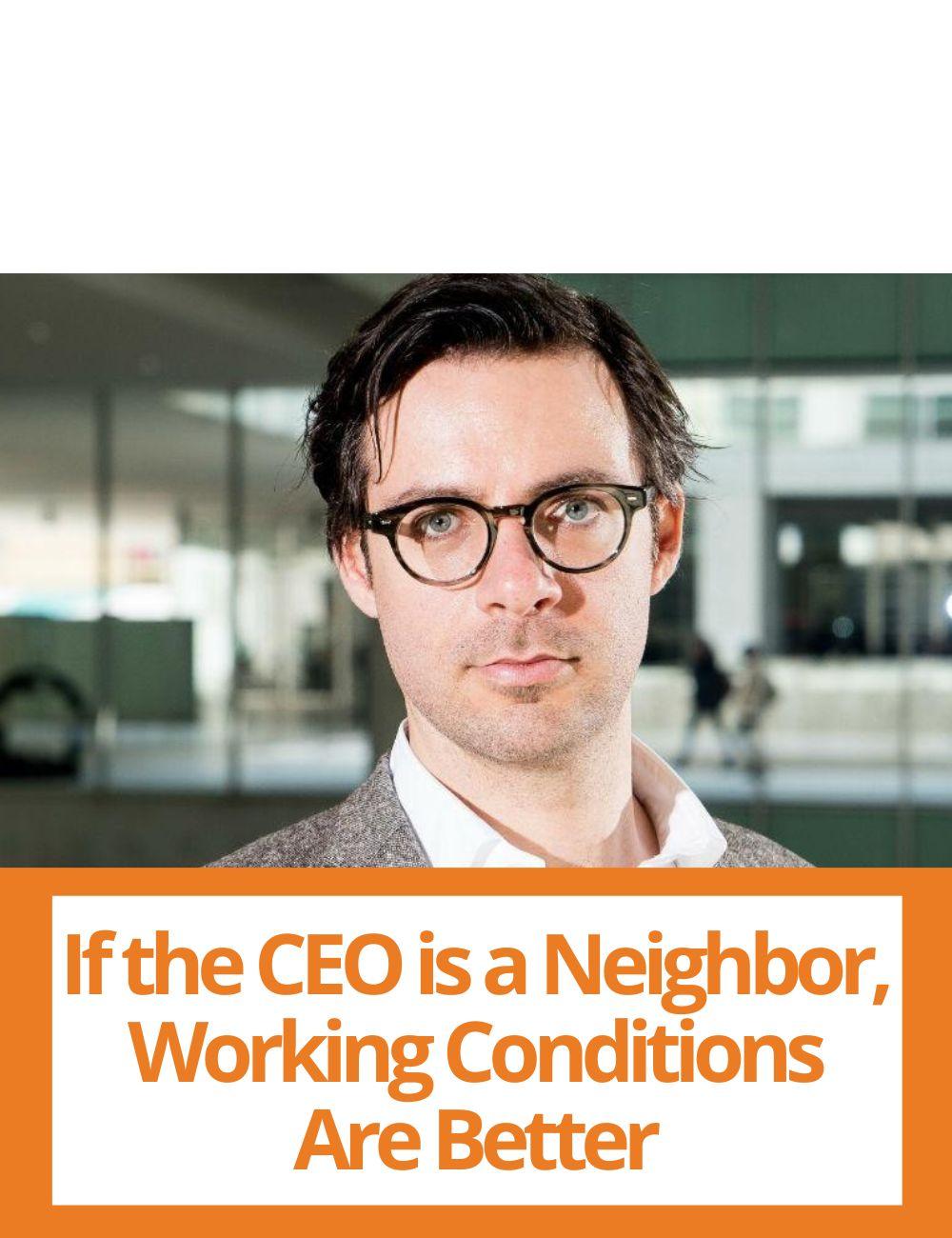
Lucky CEOs Are Bad Luck for Companies
SOMETIMES CEOS HAPPEN TO ATTAIN OUTSTANDING PERFORMANCE THANKS TO EVENTS BEYOND THEIR CONTROL. FIRMS THAT SUBSEQUENTLY HIRE THEM PAY THEM MORE AND EXPERIENCE DECLINING RESULTSSeneca, the Roman stoic philosopher, wrote that “luck does not exist.” Modern managerial studies take the liberty of disagreeing. Luck exists in the form of events that are beyond the control of CEOs and firms alike. Movements in oil prices and the business cycle (e.g., variations in GDP growth, and employment rate) that boost the market value of firms are a couple of examples.
A recent study by Mario Daniele Amore (Bocconi Department of Management and Technology) and Sebastian Schwenen (Technical University of Munich) found that choosing a lucky CEO means bad luck for the hiring company.
Good luck allows CEOs to “shine” in the labor market, making them more likely to leave their firm. “The hiring companies, though, are not perfectly able to separate out luck from task performance in their candidate pool,” Prof. Amore explained. “Therefore, lucky CEOs are likely to possess greater bargaining power vis-a-vis new firms’ shareholders, and thus gain benefits in the form of higher compensation and more attractive job assignments.”
Using a sample of S&P 1,500 US firms from 1992 to 2018, the authors found a positive association between a CEO’s luck at the departing firm and the level of pay at the new firm. Specifically, this larger pay is mostly made of non-cash compensation items like stocks awards and options, rather than salary and bonus. More interestingly, lucky CEOs were observed to move more swiftly to new firms and to have a shorter time-spell between CEO jobs.



Authors also observed that the increase in lucky CEOs’ bargaining power especially occurs in in less competitive industries.
Unfortunately, incoming CEOs’ luck is also associated with a subsequent decline in the performance of the hiring firms. In particular, the performance of firms that hired low-luck CEOs gradually improves, whereas the performance of firms that hired high-luck CEOs experiences a moderate decline.
What is worse, luck may induce an attribution bias: high-luck CEOs, or the boards that hire them, misattribute luck-driven performance to observed individual actions, with the consequence that lucky CEOs will likely implement at the hiring firm the same corporate investment policies they implemented in their former companies, irrespective of their real effectiveness.
“Luck increases the attractiveness of CEOs in the managerial labor market of less competitive industries, bringing about higher bargaining power of lucky CEOs to transit swiftly and earn more. Nevertheless, appointing a lucky CEO is associated with poorer company performance and slower growth,” Professor Amore concluded.
Mario Daniele Amore, Sebastian Schwenen, “Hiring Lucky CEOs.” The Journal of Law, Economics, and Organization, Advance article. DOI: https://doi.org/10.1093/jleo/ewac021.
by Jenny Mao
